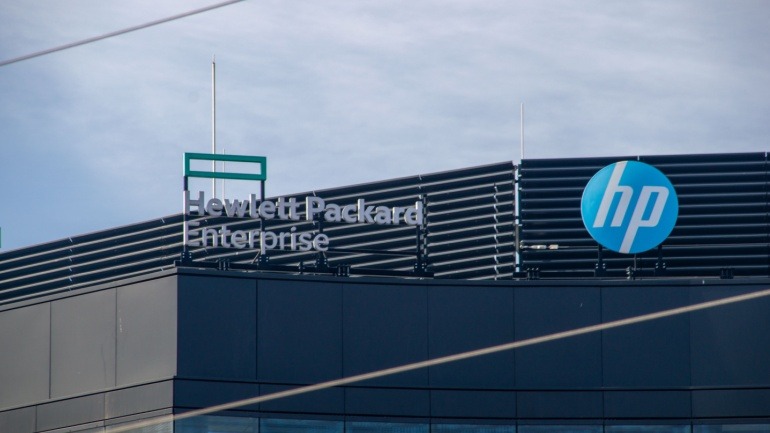BT, a leading UK telecommunications company, has issued a detailed 40-page report in response to the proposed merger between Vodafone and Three. The report argues that the merger would create a dominant entity in the UK mobile market, possessing 61% of the network capacity, a level of control unprecedented in both the UK and Western Europe.
BT’s report warns that such a merger would result in increased prices, degraded network quality, and diminished investment incentives, ultimately harming UK consumers. These concerns are significant as the merger challenges BT’s leading position in the market.
Vodafone’s chief executive of European Markets, Ahmed Essam, responded to BT’s critique by expressing a lack of surprise but noted the support from major industry players like Ericsson. Essam emphasized the need for investment in the UK mobile sector, which currently consists of two major and two smaller players. He argued that forming a third major operator with sufficient scale would enhance competition, benefiting customers and the broader UK economy.
Ericsson echoed this sentiment, stating that consolidation is crucial for operators to achieve the necessary scale for future network infrastructure expansion. This move, they believe, would support the delivery of high-quality services, greater bandwidth, and extensive coverage essential for the successful implementation of nationwide 5G standalone networks.
The UK government recently issued a provisional approval for the Vodafone-Three merger, pending specific conditions. Meanwhile, the Competition and Markets Authority (CMA) continues its investigation, having entered its second phase in April, with findings expected in September.
As the debate unfolds, the outcome of this merger will significantly impact the future landscape of the UK mobile market, influencing competition, investment, and consumer experience.







